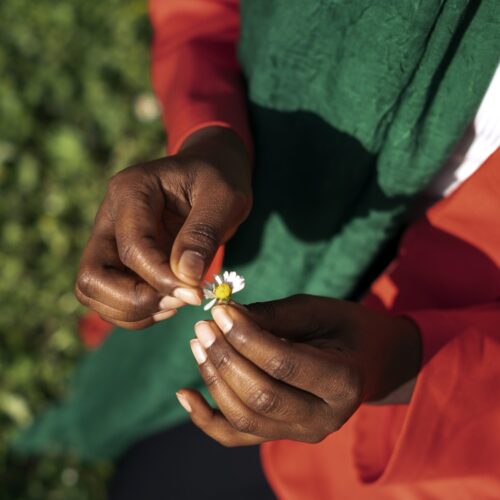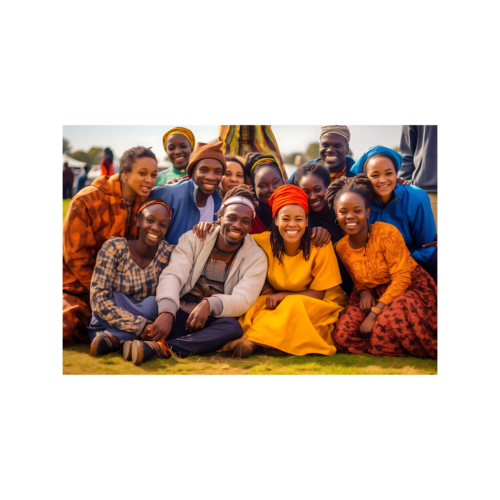USAID - Enhancing the Business Enabling Environment for the Plastics Sub-Sector in Kenya
The project is centered on catalyzing Kenya’s transition towards a circular economy by promoting adherence to laws and regulations that foster circularity within the plastics sector. It operates through collaboration with various stakeholders, including the public and private sectors, multi-stakeholder platforms like the Kenya Plastics Pact (KPP), and recognition of the informal sector. Implementation is meticulously planned across multiple activities, each strategically designed to achieve the project’s objectives and facilitate the transition to a circular economy. The project’s comprehensive approach and multi-faceted strategies highlight its potential to drive lasting positive change in Kenya’s plastic waste management practices, promoting sustainability, economic growth, and social empowerment.

Project Objectives
The project aims to aid Kenya in transitioning towards a circular economy by promoting adherence to laws and regulations that promote circularity. This will be achieved through collaboration with various stakeholders, including the public and private sectors engaged in plastic packaging, multi-stakeholder platforms like the Kenya Plastics Pact (KPP), and recognition of the informal sector.
Specific Objectives
- Strengthen the institutional capacity of the Kenya Plastics Pact.
- Development of guidelines to support the plastic sector in establishing a Plastics Producer Responsibility Organization (PRO).
- Sensitization of the private sector on its roles and responsibilities regarding the Sustainable Waste Management Act 2022, draft EPR Regulations 2021, and the developed plastic PRO guidelines by the private sector to facilitate compliance and peer-to-peer benchmarking to enhance the adoption of best practices regarding plastic packaging through the Kenya Plastics Pact.


Target Groups & Impact
Target Group(s): Businesses in the plastic value chain, the Kenya Plastics Pact, and its Members, the National Waste Management Authority (NEMA), County Governments, and the informal waste sector players.
Impact:
- Strengthened the institutional capacity of the Kenya Plastics Pact and the development of a Plastics PRO guideline.
- Improved business-enabling environment for businesses in the plastics sector.
- Increased awareness and understanding of implementing the Extended Responsibility Regulation (EPR) among the private sector and relevant stakeholders by hosting four sensitization workshops in Nairobi and Mombasa Counties.
- The workshops encouraged proactive EPR compliance by facilitating dialogue between the private sector, NEMA, County Governments, and other stakeholders like PROs.
- Capacity-built NEMA, the regulatory authority, to increase its efficiency in implementing EPR by enhancing its website to increase interactivity with the EPR landing page.
- Developed and disseminated various communication materials and messages to increase EPR compliance, attracting nationwide publications and coverage from mainstream and digital media.
- Increased collaborations with private sector and civil society partners and county government representatives, including the Mombasa Deputy Governor, thus emphasizing the urgency for successful implementation and compliance among businesses.
Funding Partners: The USAID Africa Trade and Investment Activity (USAID-ATI).
Duration: June 2023 – May 2024.
Contacts. You can reach us at amadi@sustainableinclusivebusiness.org





